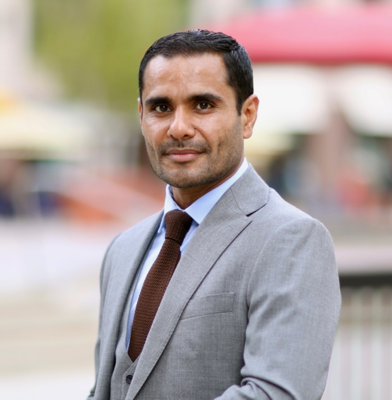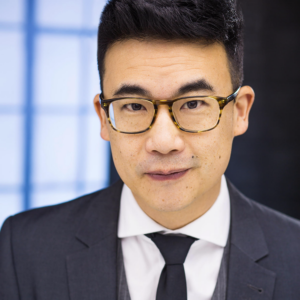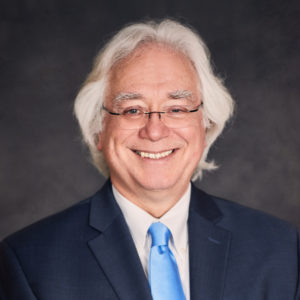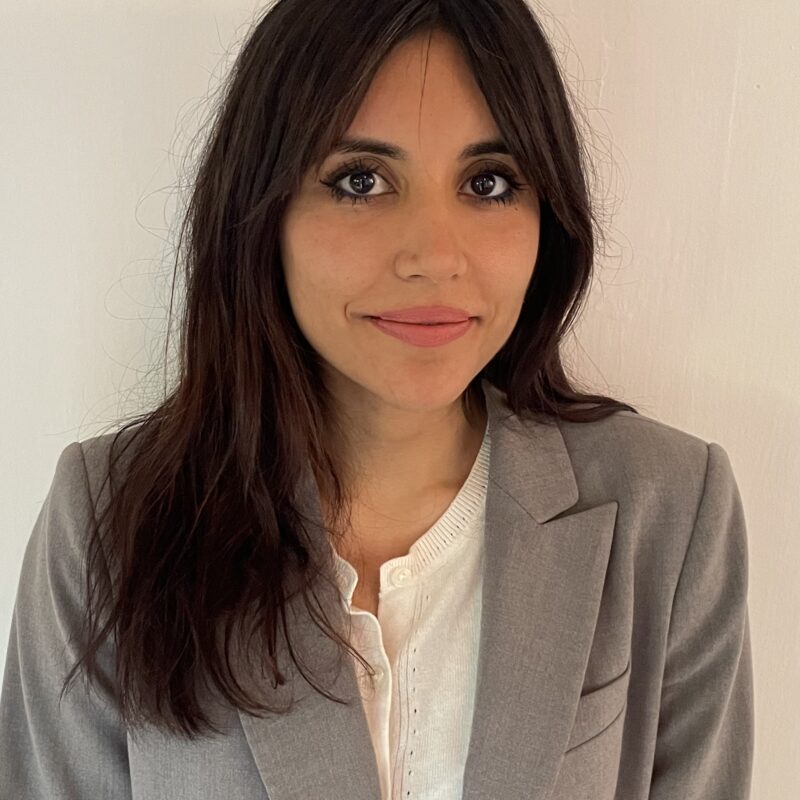Impact For Generational Change
The drug crisis may be in the media once again, but lasting change must include and benefit generations to come. Our work spans more than patent reform or drug pricing policy change. We focus on the 7 key components of the entire medicine system to identify and illuminate the drivers of inequity at every level.
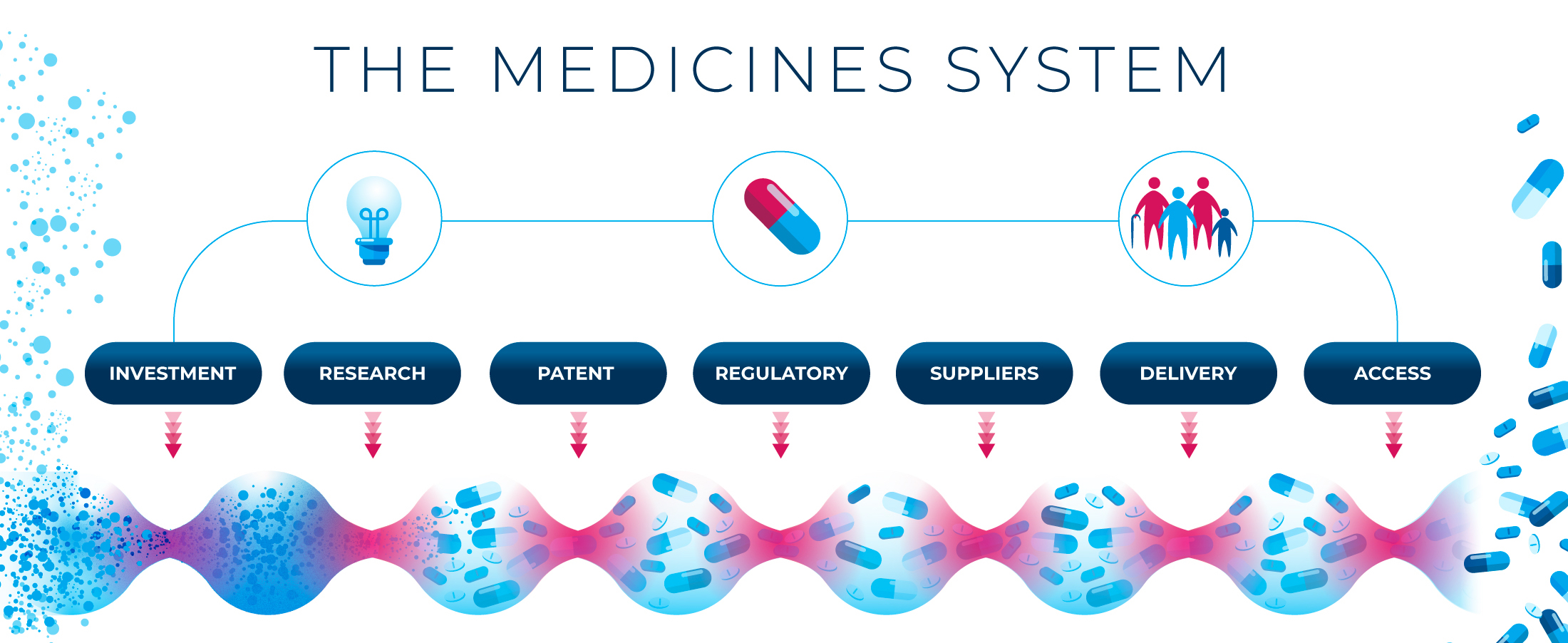
Through research, education, and policy, I-MAK advances solutions to address structural inequity in the medicines system. I-MAK illuminates where market failures and structural racism cost lives, and create inclusive dialogue to advance solutions for health equity.
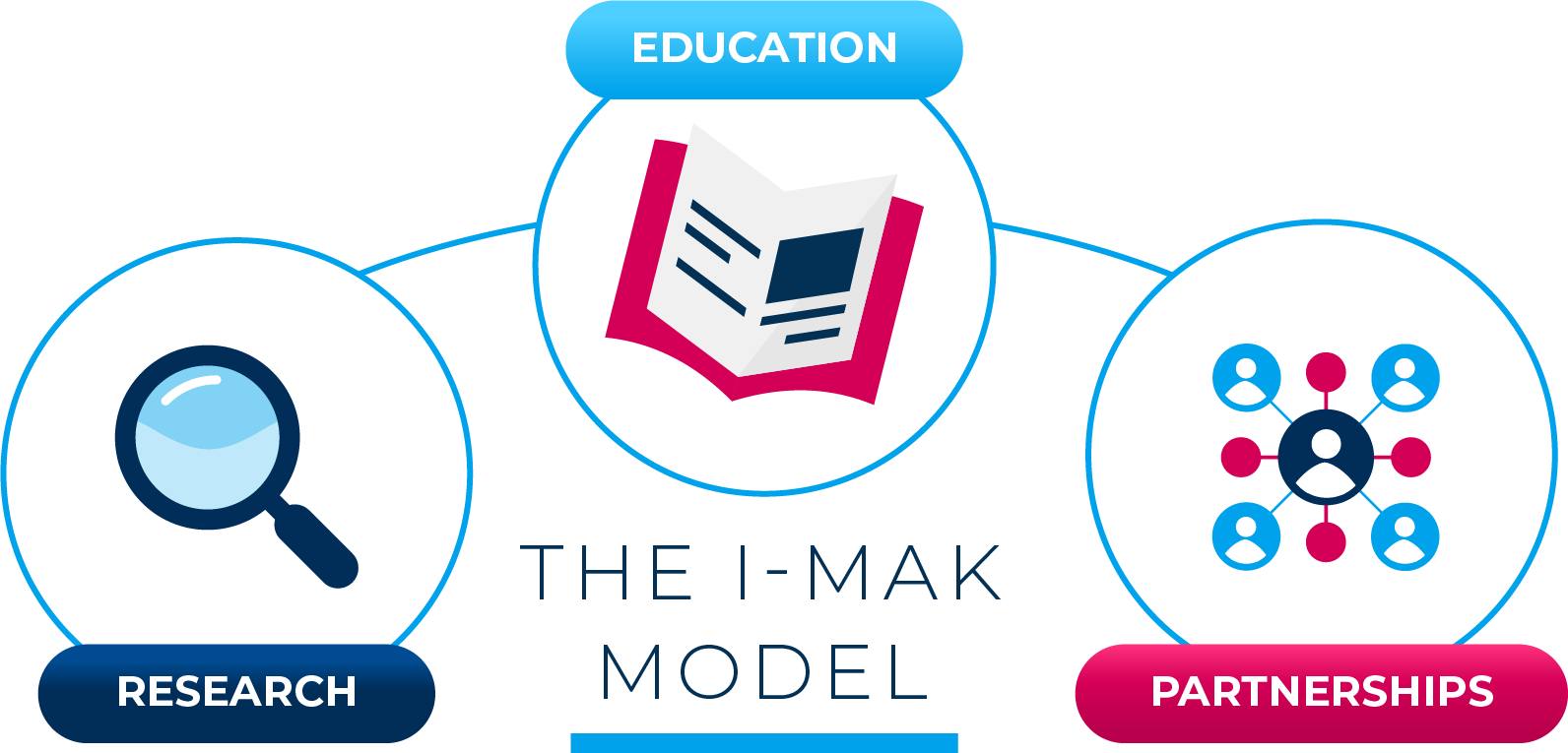
We believe all people should have
the opportunity to be healthy.
More on Health Equity
20 Years of Fighting for Health Justice
With nearly 20 years working alongside communities across the low and middle-income countries, we continually win cases that fight back against unjust patent monopolies and lower the high cost of medicines, saving health systems over $2 billion.
We took what we learned as movement lawyers on a global level in 50 countries and focused on the U.S. to fight for a level playing field for patients worldwide. The U.S. is the architect of the modern day medicine system that is exported to countries all over the world. Our team’s decades of work in the medicines system has made it clear to us that we can fight drug by drug and win – when unjust practices are keeping medicines out of reach for millions of people living under the poverty line worldwide.
The Root Problem
But after nearly two decades of this work , we have come to the understanding that it is the system itself that is at fault, with skewed economic incentives and embedded structural inequities that set us all up for failure.
It’s time to change the system.
Inviting More To The Conversation
Rather than only battling in court, we’re creating a more inclusive and participatory model for change – that includes partnering with a wide range of stakeholders, while creating new spaces and platforms for those most affected to be heard and empowered to drive solutions forward. The power dynamics of the current system have to be reimagined to save millions of lives worldwide.
Inclusion At Every Level
I-MAK is committed to creating inclusive connections between stakeholders in order to foster Participatory Changemaking. We believe that a more just and equitable medicine system must involve a diverse range of voices from every stage of the medicine system, especially those most affected.
Participatory Changemaking Model
The PCM will serve as a “360” assessment of the patent system, engaging stakeholders from a range of perspectives and backgrounds.
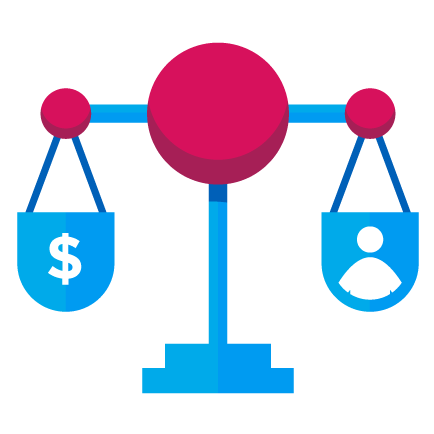
Democratizes the Patent System:
The patent process is a “black box” with little public involvement. We aim to bring greater participation, transparency, and accountability to this process, starting with how reform is pursued and achieved. From I-MAK’s perspective, PCM is a reflection of our values; how we build toward reform is as important as the reforms themselves.
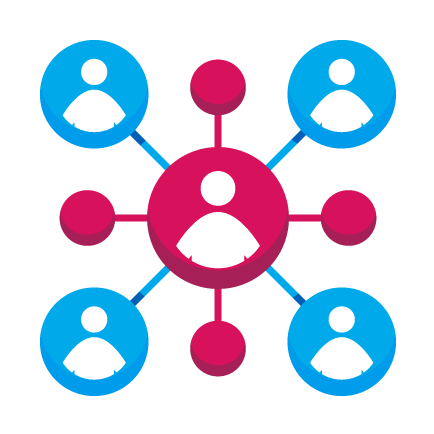
Connects Key Stakeholders
Interaction among stakeholder groups who hold different views about the role of patents in society is extremely limited. A participatory process will build much needed connection and understanding between ideologically, sectorally, and geographically diverse stakeholders, and foster a less polarized, more productive discourse around reform.
“A power imbalance exists because those most affected are least represented in how policy is made. This drives the structural inequities we are seeing today, costing millions of lives worldwide. This has to change.”
Tahir Amin, Co-Founder
